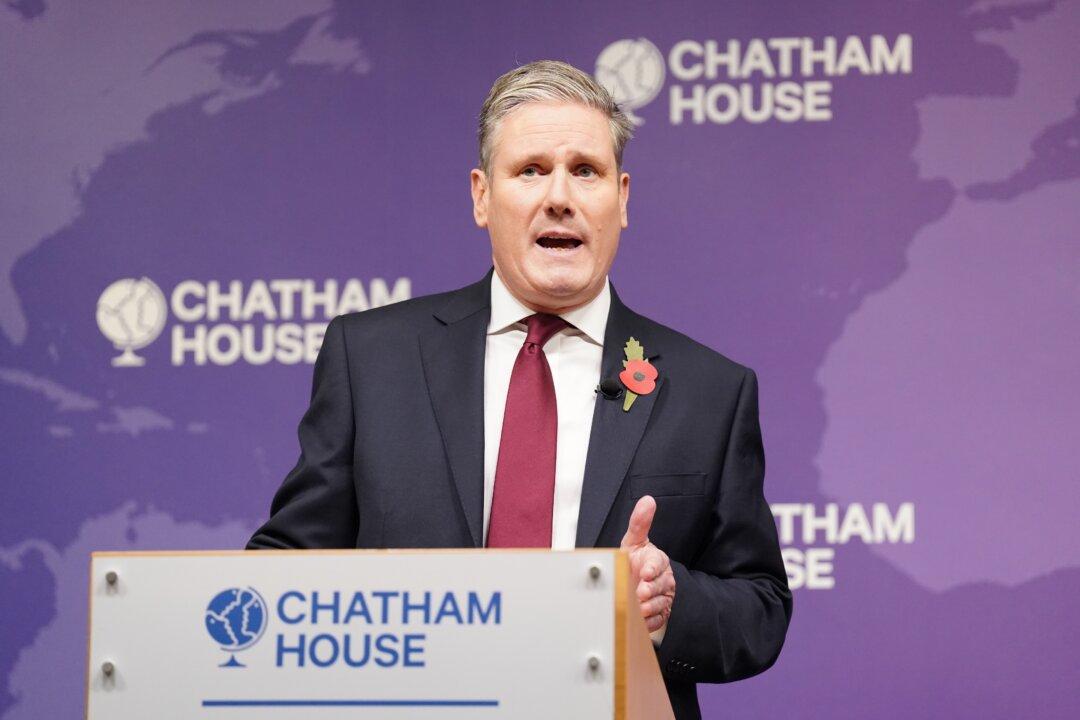Sir Keir Starmer lost ten frontbenchers on Wednesday as more than a quarter of Labour MPs rebelled to vote for an immediate ceasefire in Gaza.
Labour proposed an alternative amendment to the King’s Speech Motion to back “humanitarian pauses” in Gaza, but 56 Labour MPs, including eight junior shadow ministers and two parliamentary private secretaries, crossed the party line to support Scottish National Party’s (SNP) amendment to back a ceasefire.





